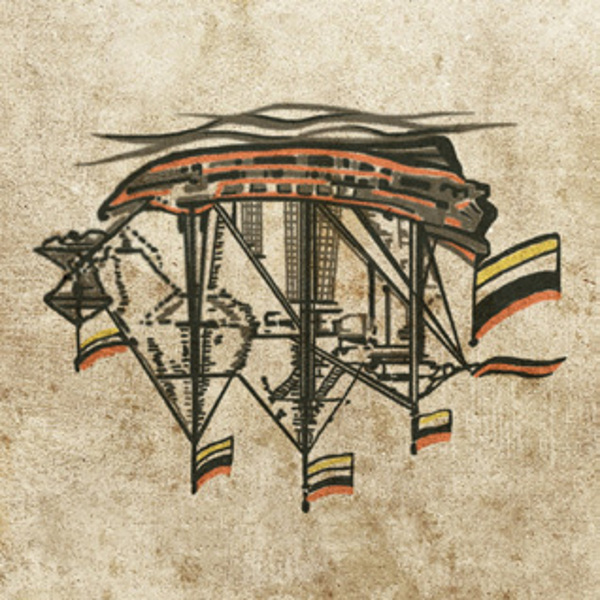
ISSN 2983-9505
Method of peer review
single-blind undertaken by a specialist member of the Board or an external specialist
Keywords
Europe, Oceania, India, Africa, East Asia, Byzantium, the Islamic world, Middle Ages, Early Modern Period, Historiography, World History, Comparative Historical Studies, Society, Philosophy of History, Comparative Religions
Accepted Language(s):
English, French
Accepts Contributions in Open Access
This series engages with recent debates in the field of comparative historical studies. It provides a forum for original scholarship on the cross-cultural study of medieval and early modern historiography broadly construed, including the emerging fields of world and global history. It invites monographs and collected volumes that employ a mix of approaches to the evolution of various genres of historical writing, and open up new perspectives on medieval and early modern discourse on the methods associated with the study of the past. Topics include (but are not limited to): history as a distinct subject of inquiry; the civic and societal value and function of historiography; the philosophical theories, notions, and concepts underpinning the investigation and analysis of historical events; and historical perspectives on comparative religions. The central purpose of the series is to promote research into diverse modes of historical writing in various cultural, religious, geographical, and linguistic settings. As such, it puts into dialogue different historiographical traditions, such as those that have developed in Europe, Byzantium, the Islamic world, the Americas, India, Africa, East Asia, and Oceania.
The series logo of an upside-down Dutch ship draws its inspiration from a similar image found in a seventeenth-century Japanese map of Nagasaki that is now kept in the British Library Asian Collection (Or.75.g.25). Drawn from a particular spatial perspective and in line with local cartographical and pictorial traditions, it represents a historical source that defies a singular reading and works as a constant reminder of the complexity and connectivity of early modern historiographical practices. An upside-down ship inspired by this map was selected as the series logo because it symbolizes the mandate of the series to defamiliarize modes of historical writing and to diversify this field of study.
-
EDITORIAL BOARD
General Editor
Francesco Borghesi, Università di Modena e Reggio Emilia/University of Sydney
Editorial Board
Yigal Bronner, Hebrew University of Jerusalem
Mario Casari, Sapienza Università di Roma
Wiebke Denecke, Massachusetts Institute of Technology
Hilde De Weerdt, Katholieke Universiteit Leuven
François-Xavier Fauvelle, Collège de France, Paris
Mercedes García-Arenal, Centro de Ciencias Humanas y Sociales, CSIC, Madrid
Benoît Grévin, Centre de Recherches Historiques, EHESS-CNRS, Paris
Racheli Haliva, Shandong University
Tomoyasu Iiyama, Waseda University
Jun’ichi Isomae, International Research Center for Japanese Studies, Kyoto
Alessandra Russo, Columbia University
Francesca Trivellato, Institute for Advanced Study, Princeton
Ying Zhang, Universiteit Leiden
-
AUTHOR INFORMATION
Main Language: English
Additional Languages: French
Single-blind undertaken by (a) specialist member(s) of the Board or (an) external specialist(s)
All volumes in this series are evaluated by an Editorial Board, strictly on academic grounds, based on reports prepared by referees who have been commissioned by virtue of their specialism in the appropriate field. The Board ensures that the screening is done independently and without conflicts of interest. The definitve texts supplied by authors are also subject to review by the Board before being approved for publication
English short references can be found at: https://www.brepols.net/permalink/stylesheet-short-refs
Submissions should be sent to: Francesco Borghesi francesco.borghesi@unimore.it